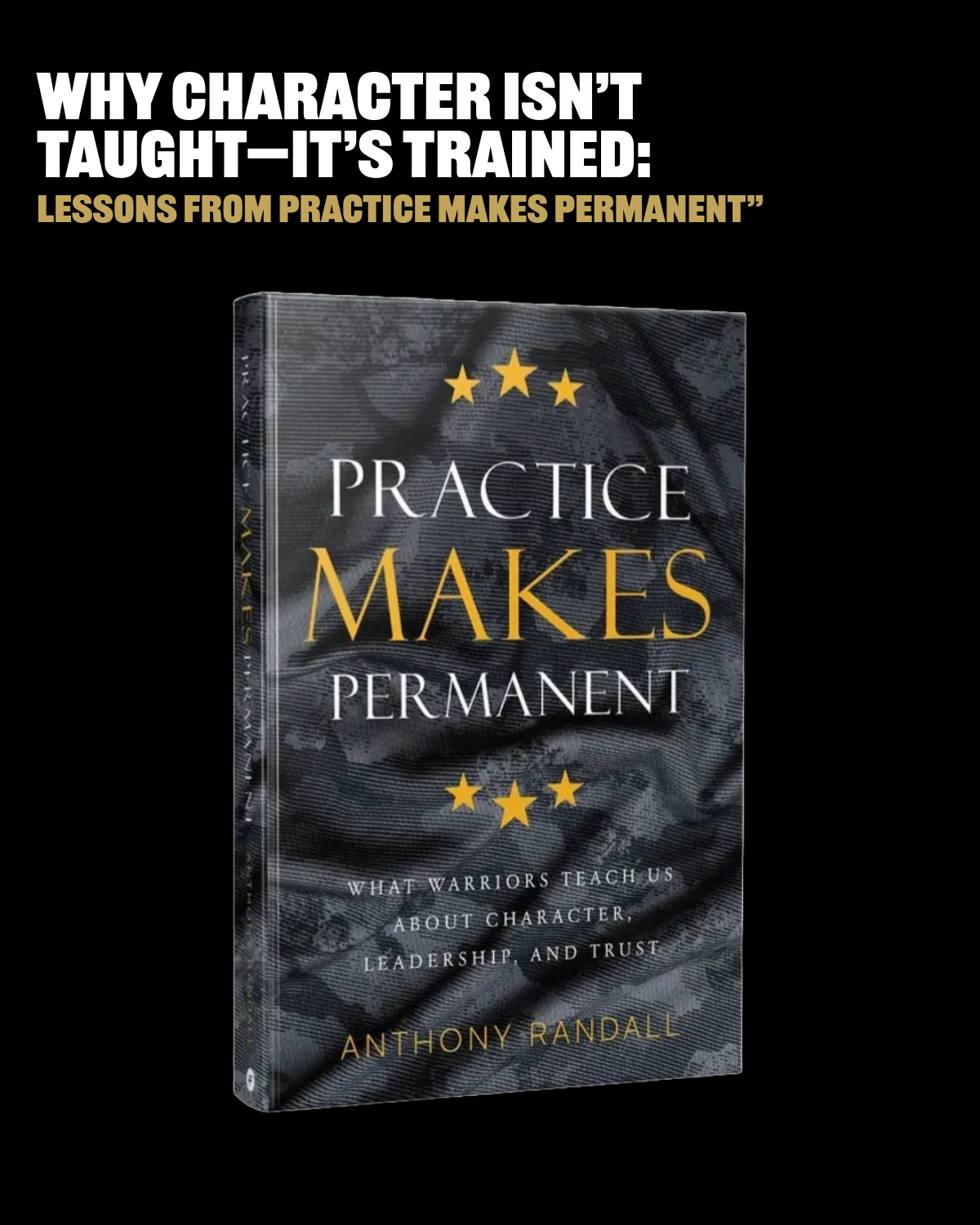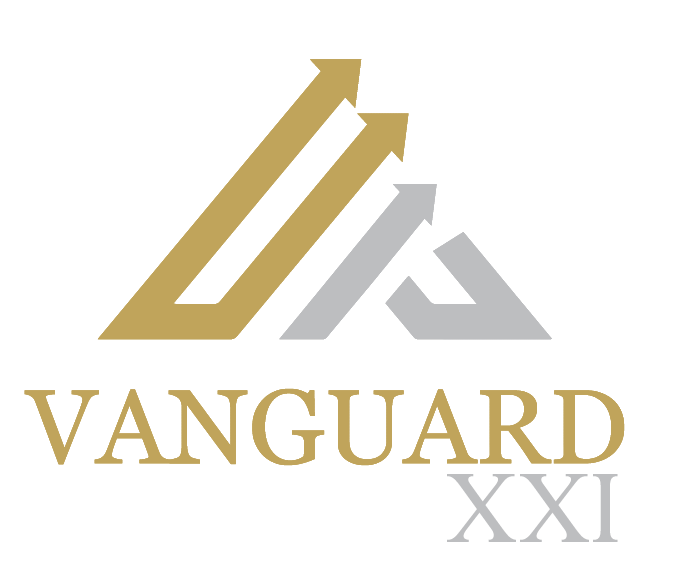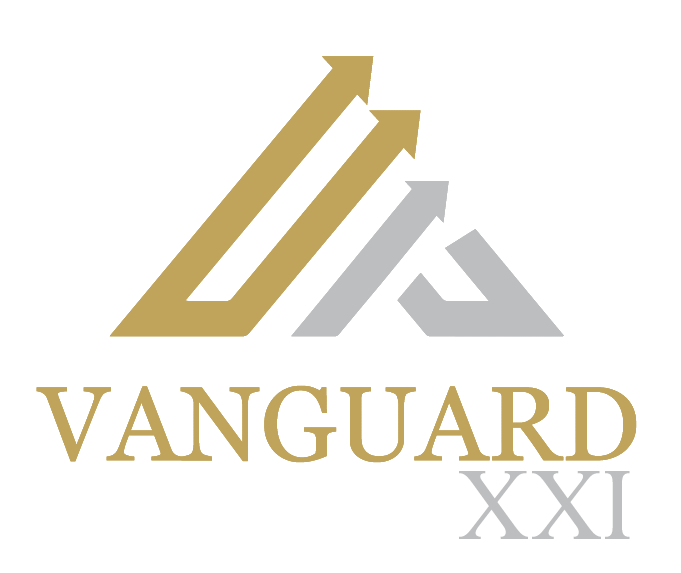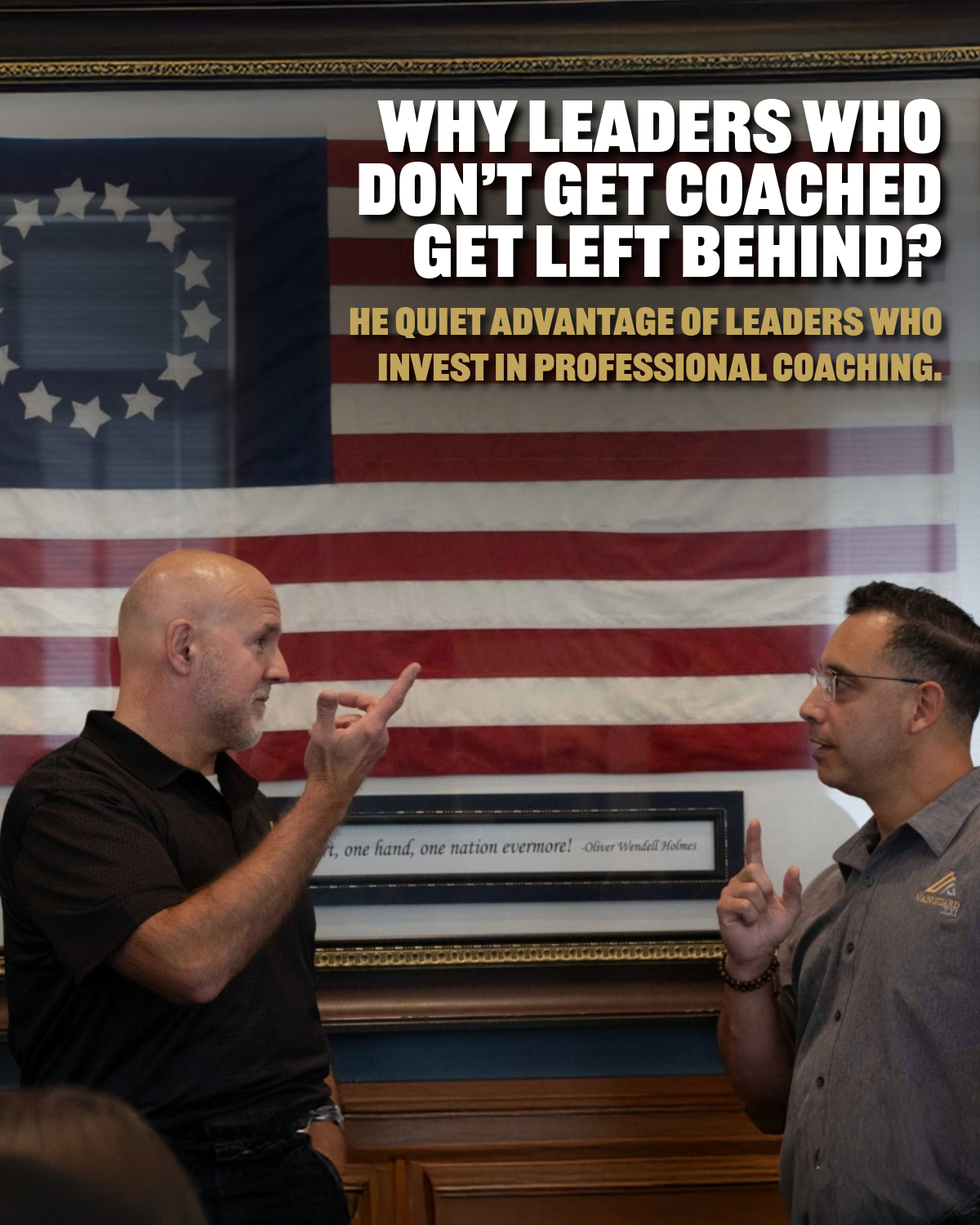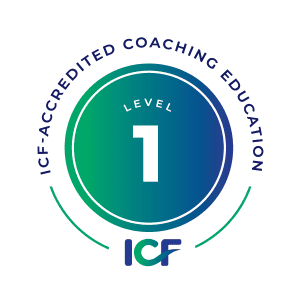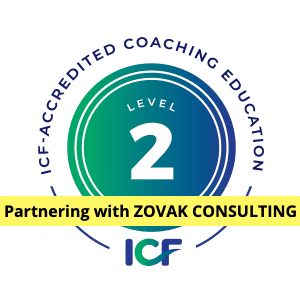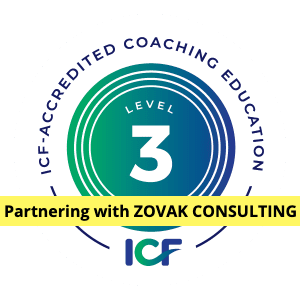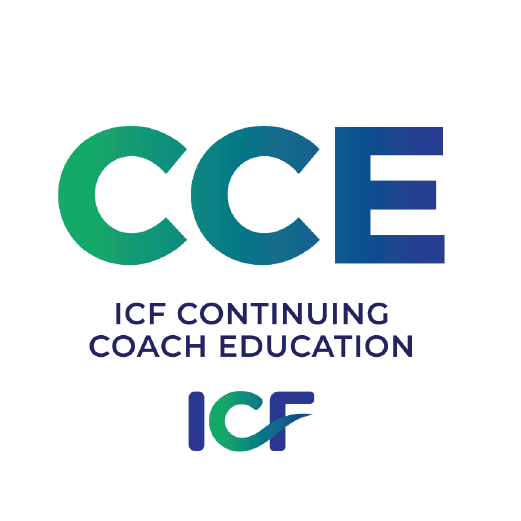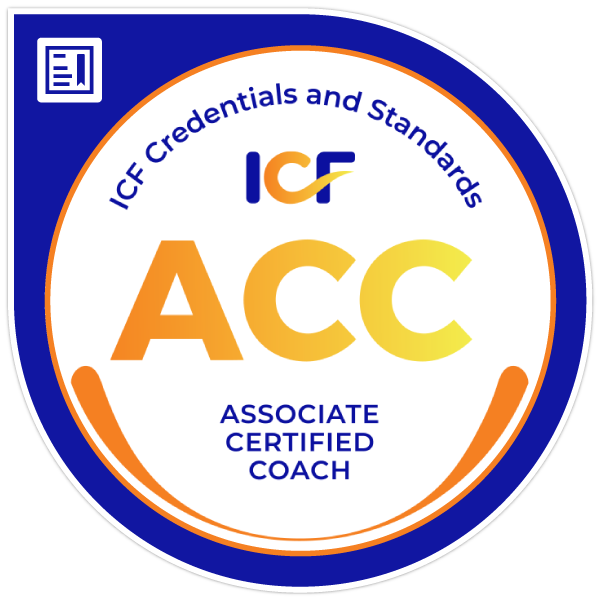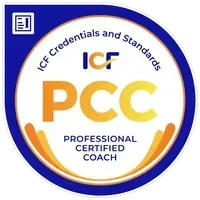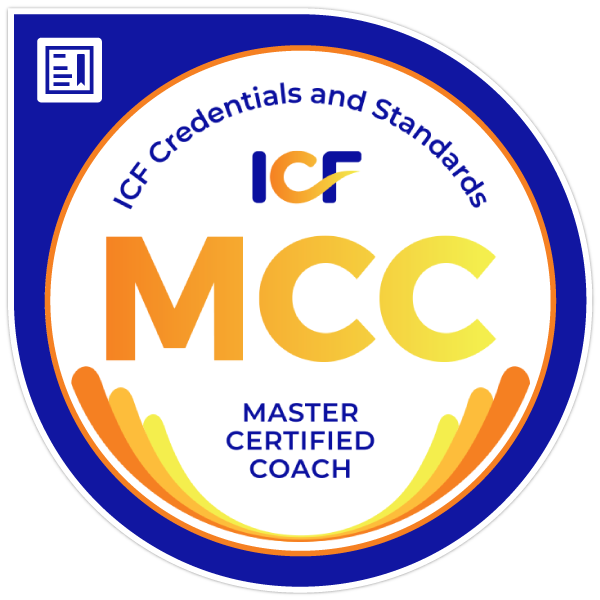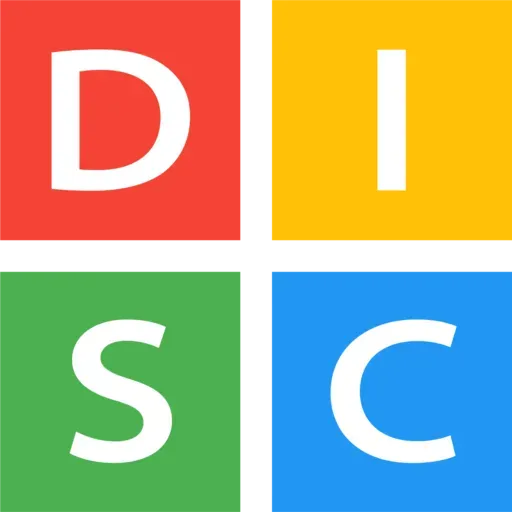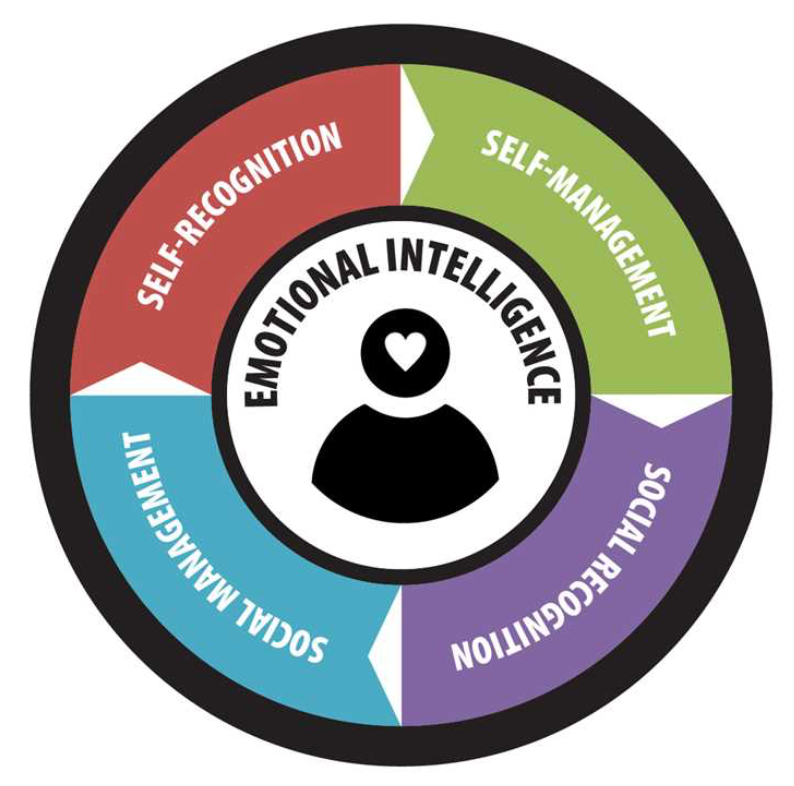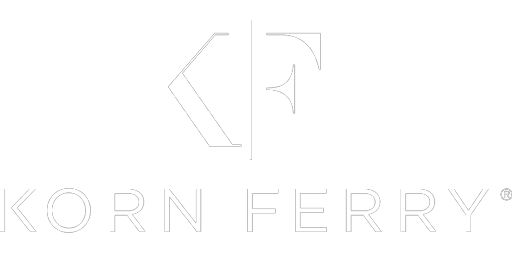Organizational Culture
Culture is elusive, especially when the term is applied professionally. Leaders have spent the better part of a century pursuing professional culture, adapting collective human nature to function within the confines of office buildings and cubicle farms around the world. Today, the impact of a global pandemic has accelerated the necessity to expand professional culture beyond physical boundaries, often connecting hybrid teams functioning in person and distributed. Organizational culture is the derivative of member values, beliefs, and behaviors. Culture impacts how an organization is perceived, externally, and how members interact, internally. This article dives into the key aspects of culture, provides examples of leaders who have successfully impacted the culture of their organization, and provides actionable steps to positively impact culture today.
Values
Values are the collective principles, standards, and qualities of an organization. Great organizations adhere to a common, clearly understood set of values. Leaders embody and amplify these values, rewarding others for doing the same. When vision casting, they apply the organization’s values to each objective or collective goal.
In preparation for the 2008 Olympics, the US called on legendary coach Mike Krzyzewski to lead the team's redemption from a bronze medal in the 2008 Olympics. Commonly referred to as the “Redeem Team,” The 2008 all-star lineup including LeBron James, Kobe Bryant, Dwyane Wade, and Carmelo Anthony. To maximize talent, Coach K built a culture of excellence rooted in the team’s shared values. These values were not top-down driven. Instead, Coach K, the coaching staff, and the players identified the attributes they believed would make them successful, both on and off the court, then distilled these attributes into values. Including trust, communication, accountability, humility, and service, these values were commonly communicated across the organization and between players. Coach K fostered a culture where players gave each other performance feedback in the context of these shared values. The team held regular meetings to discuss how they were living up to their shared values. The "Redeem Team” went on to take the gold medal in the 2008 Olympics.
Ideas into Action. What are your organization’s values? If they are not yet defined, capture a short list and ask your team to do the same. Does your team already have values? Make a short-term goal to recognize one individual per day who exemplifies the organization’s values.
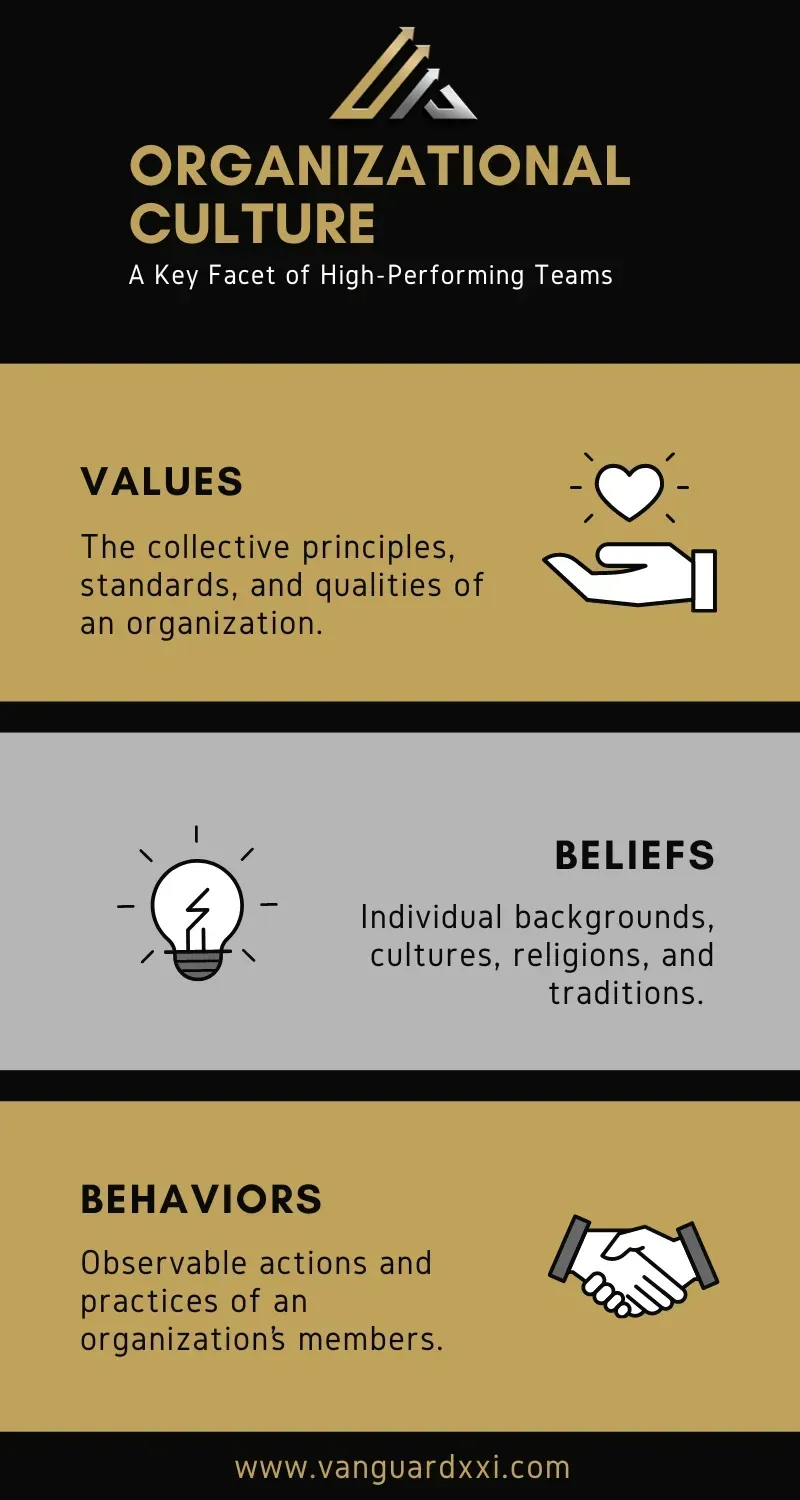
Beliefs
An organization is shaped by its members’ beliefs, their individual backgrounds, cultures, religions, and traditions. Great organizations do not just accept different beliefs. Instead, they embrace and celebrate varied beliefs as sources for diverse perspectives. Leaders of these organizations share their personal beliefs and foster a culture of inclusion. In these organizations, excellence is the common denominator; not a particular belief or background.
The United States Military is one of the most diverse organizations on the planet with servicemembers representing all corners of the United States, its’ territories, and even includes aspiring patriots pursuing US citizenship. In the book Radical Inclusion, Marty Dempsey, retired Army General and former Chairman of the Joint Chiefs of Staff, describes the power of harnessing this diversity to strengthen organizations. Practically, he describes creating a culture where all members feel valued and heard, regardless of their beliefs. This leads to more diverse perspective and thought, strengthening an organization’s actions and approach. As the Chairman, General Dempsey constantly sought diverse perspectives to strengthen his own understanding of complex problems. In the book, he describes traveling to a remote outpost in Afghanistan to gain tactical understanding of the situation he received countless briefings on in the Pentagon. During the visit, a young officer provided a diverse perspective on training and suggested Dempsey read The Starfish and the Spider to learn more about decentralized organizations. Later, Dempsey sought an even more diverse perspective, meeting with the book’s author, Ori Brafman, to learn from his work on organizational systems. Years later, Brafman and Dempsey collaborated to co-author Radical Inclusion. Though they come from significantly different backgrounds and belief systems, the two found the best in each other and created impactful work.
Ideas into Action. Take the time to learn about the beliefs of a new team member. Express genuine curiosity. Share your beliefs and find common ground.
Behaviors
Behaviors are the observable actions and practices of an organization’s members. Behaviors reflect collective values and can significantly impact success, for better or for worse. Leaders play a crucial role in modeling ideal behaviors. They consistenly behave in ways consistent with stated organizational values and constantly ask for team feedback to reduce blind spots. Further, successful leaders recognize and reward behavior aligned with the organization’s values while addressing and correcting those that do not. In high-performing organizations, behaviors align with collective values and promote a positive and inclusive environment.
The legendary UCLA basketball coach John Wooden modeled the ideal behaviors he demanded of his players. Captured in the Pyramid of Success, these values included self-control, friendship, industriousness, loyalty, and competitive greatness. Coach Wooden was famous for living these values, personally emptying trash cans, picking up locker rooms, and cleaning floors. In line with the value of self-control, He refrained from criticizing or cursing at his players, even in the most intense games. His behavior rubbed off on his players who emulated the values he displayed. Kareem Abdul-Jabbar recalled how Coach Wooden’s example made the team believe in and improve themselves, on and off the court. Modeling and reinforcing behaviors in line with an organization’s values makes a significant impact on the organization’s culture.
Ideas into Action. For the next week, capture the top and bottom behaviors you displayed each day. Ask for team feedback and see if your assessment matches. Reflect on your behavior at the end of the week and identify whether you are aligned with the culture you are pursuing.
In today's fast-paced and ever-changing world, organizations face numerous challenges to succeed and thrive. One critical factor for success is the culture of the organization. An organization’s culture is comprised of its values, beliefs, and behaviors. Great organizations understand the importance of a strong and positive culture, taking intentional actions to create and maintain it. They promote diversity and inclusion, foster a culture of respect and trust, and model the ideal behaviors aligned with the organization's values. By aligning values, beliefs, and behaviors, organizations create a culture that promotes excellence and success.
